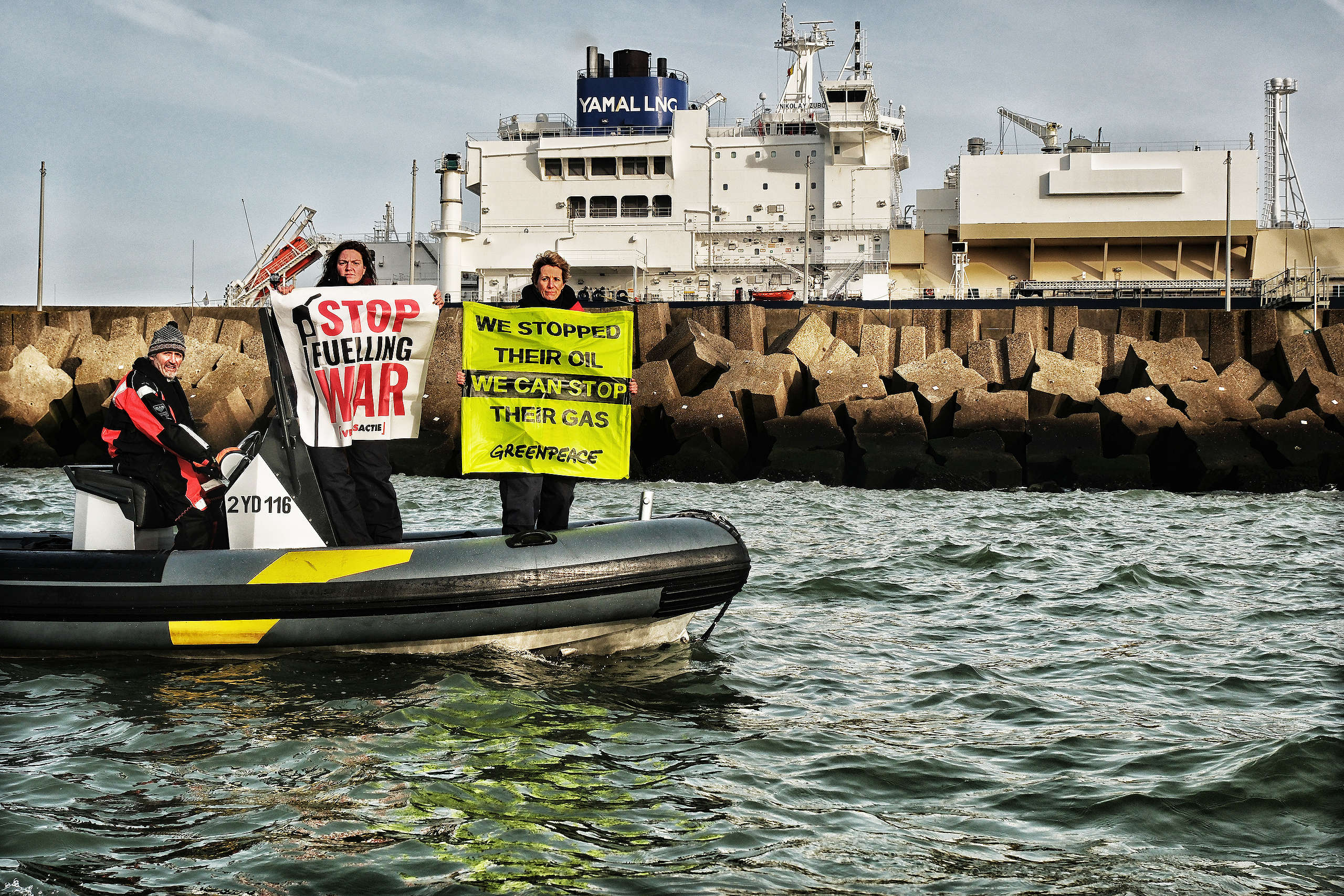Executive summary: Climate change, primarily the result of the widespread use of fossil fuels, represents the greatestenvironmental threat for humanity. Although the impacts already have, and will have in the future, adisproportionate effect on the poor populations of developing countries, developed countries will notbe spared. This report underlines a few of the impacts expected in Belgium.
In order to prevent dangerous climate change, it is necessary to reduce greenhouse gas emissions by80% in industrialised countries by the middle of the 21st century. Governments in the UnitedKingdom, Germany and the Netherlands have already led the way by putting their countries on the pathtowards emission reductions ranging from 40% by 2020 and 60% by 2050. Beyond the firstcommitment under the Kyoto protocol, it is urgent that Belgium also develops a long-term politicalvision enabling it to reduce its greenhouse gas emissions by 80% between now and 2050. This longtermpolicy must include efforts in all sectors (industry, electricity production, households andtransport). Failing this, Belgium will be unable to fulfil its obligations within the framework of theUnited Nations Framework Convention on Climate Change, that is, to prevent dangerous climatechange. And this will involve a whole host of negative impacts, both in Belgium and abroad, forcurrent and future generations…
The fight against climate change will require deep changes in the Belgian energy system. It musttherefore also be perceived as an opportunity for Belgium to reduce its energy dependency and increasethe safety of its supplies. Belgium currently imports almost all its primary energy sources (oil, gas,coal and uranium) and this puts the Belgian economy at the mercy of fluctuations in world raw materialprices and the expected rise in the costs of fuels as a result of their increasing scarcity. Oil dependenceand the associated geopolitical tensions are well known. Coal is the most polluting fossil fuel and hasno place in a low-carbon economy. As for nuclear energy, it has proven a source of insolvableproblems (in terms of waste, in particular), unreliable, very expensive and dangerous. Terrorist threatsonly reinforce the risks. Nuclear energy is also unable to compete with other sources of energy withoutthe backup of enormous subsidies.
Combined with energy-efficiency, the different sources of renewable energies offer an immediate,environmentally-friendly, safe and high-performance solution, both in terms of the problems of climatechange and the safety of energy supplies. Renewable energies already provide electricity to millions ofpeople throughout the world. In Europe, they have enabled the creation of hundreds of thousands ofjobs and offer the prospect of a booming market worth several billion Euro. Offshore wind energy isparticularly suited to the large-scale supply of energy to Belgium.
Without urgent measures to rapidly reduce our greenhouse gas emissions, the possibility of limiting thetemperature rise below a dangerous level will have disappeared within a decade. Undoubtedly anumber of major energy consumer industries will have to review their production cycles, but as andwhen the world heads towards a low-carbon economy, businesses will have the opportunity to developand create jobs by supplying the technologies of the future, in particular in the renewable energies andenergyefficiency sectors. Belgium and its businesses cannot miss the boat. One thing is certain: if thefight against climate change has a price, the costs of failure to act are potentially a lot higher.
Num. pages: 7



